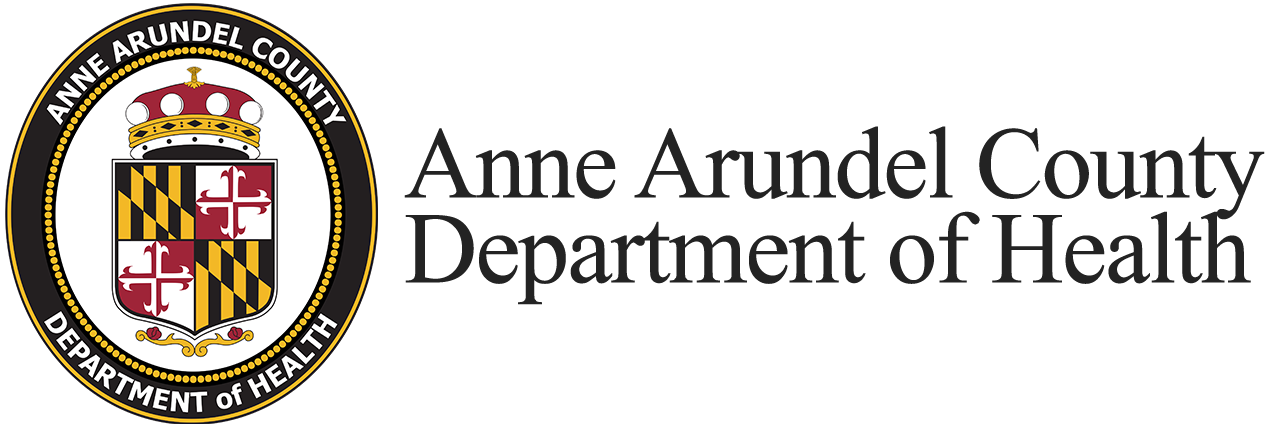Substance Use Disorder Treatment (ASAM* Levels of Care)
Level 0.5 – Early Intervention. This level includes Driving Under the Influence classes.
Program to educate DUI offenders about how alcohol affects driving skills. Participants also learn to identify their own drinking and driving patterns.
Level 1 – Outpatient
Less than 9 hours/week for adults or less than 6 hours/week for adolescents
Level 2.1 – Intensive Outpatient
Nine or more hours/week for adults or 6 or more hours/week for adolescents
Level 2.5 – Partial Hospitalization
20 hours or more/week outpatient
Level 3.1 – Clinically-Managed Low-Intensity Residential
Halfway Houses. 24-hour living support with at least 5 hours clinical services/week provided on-site.
Level 3.3 – Clinically-Managed Population Specific High-Intensity Residential
24-hour adult only care that offers clinical monitoring and daily counseling and focuses on preparing patients for outpatient services.
Level 3.5 – Clinically-Managed Residential – High-intensity for Adults, Medium-Intensity for Adolescents
24-hour care with clinical staff including addiction counselors, social workers, or licensed professional counselors and allied health professionals. No on-site physician, but nursing staff.
Level 3.7 – Medically-Monitored Inpatient – Intensive for Adults, High Intensity for Adolescents
Highly-structured 24-hour services. Physician available on-site 24 hours daily, along with RNs, addiction counselors and other clinical staff.
*ASAM stands for American Society of Addiction Medicine. ASAM criteria is used to determine the best level of care for a person seeking treatment for a SUD. For more information about this criteria, please visit https://www.asam.org.
OTP – Opioid Treatment Program
Opioid treatment programs (OTPs) provide medication-assisted treatment (MAT) for people diagnosed with opioid use disorder and at minimum, Level 1 treatment. MAT may include Suboxone, methadone or naltrexone (Vivitrol.)
Mental Health Treatment Options
OMHC – Outpatient Mental Health Care
Outpatient mental health care provides mental health services that don’t require a prolonged stay in a facility. This type of mental health treatment helps patients learn the tools to cope with stressors and manage their mental health. These services can include counseling, group therapy, medical consultations and psychiatry.
PRP – Psychiatric Rehabilitation Program
PRPs may include day and residential rehabilitation programs, as well as programs to promote independent living skills. PRPs provide individualized psychiatric rehabilitation services for chronically mentally ill adults.
COC – Co-Occurring
A treatment program that is designated as co-occurring and offers some mental health treatment in conjunction with a client’s substance use treatment.
Crisis Stabilization Services
Crisis Stabilization Services (CSS) are offered at no cost to individuals who are facing an opioid use crisis and are seeking opioid use treatment. The Department of Health will refer you to contracted CSS providers that are located throughout Anne Arundel County. For more information about the CSS referral process, call the Anne Arundel County Care Coordination Line, 410-222-0330.
Recovery House
A recovery house is a service that provides alcohol and drug-free housing to individuals with substance use disorders or co-occurring mental health and substance-related disorders. Recovery homes are typically single-gendered. Some female recovery homes allow women and their children.
Insurance/Funding Information
For additional information on health coverage options in Anne Arundel County, visit https://aahealth.org/health-care-coverage-and-more/
Medicaid – Medical Assistance
Maryland Medical Assistance is a health insurance program available to nearly all adults under age 65 with incomes at or below 138% of the Federal Poverty Level or about $1,468 per month for a household of one person in 2020.
Private Insurance
Any health insurance coverage not offered through the state or federal government. This includes insurance through an employer or bought by an individual on the federal or state marketplace.
Medicare
Federal health insurance program for people aged 65 or older, younger people with disabilities or people with End Stage Renal Disease.
